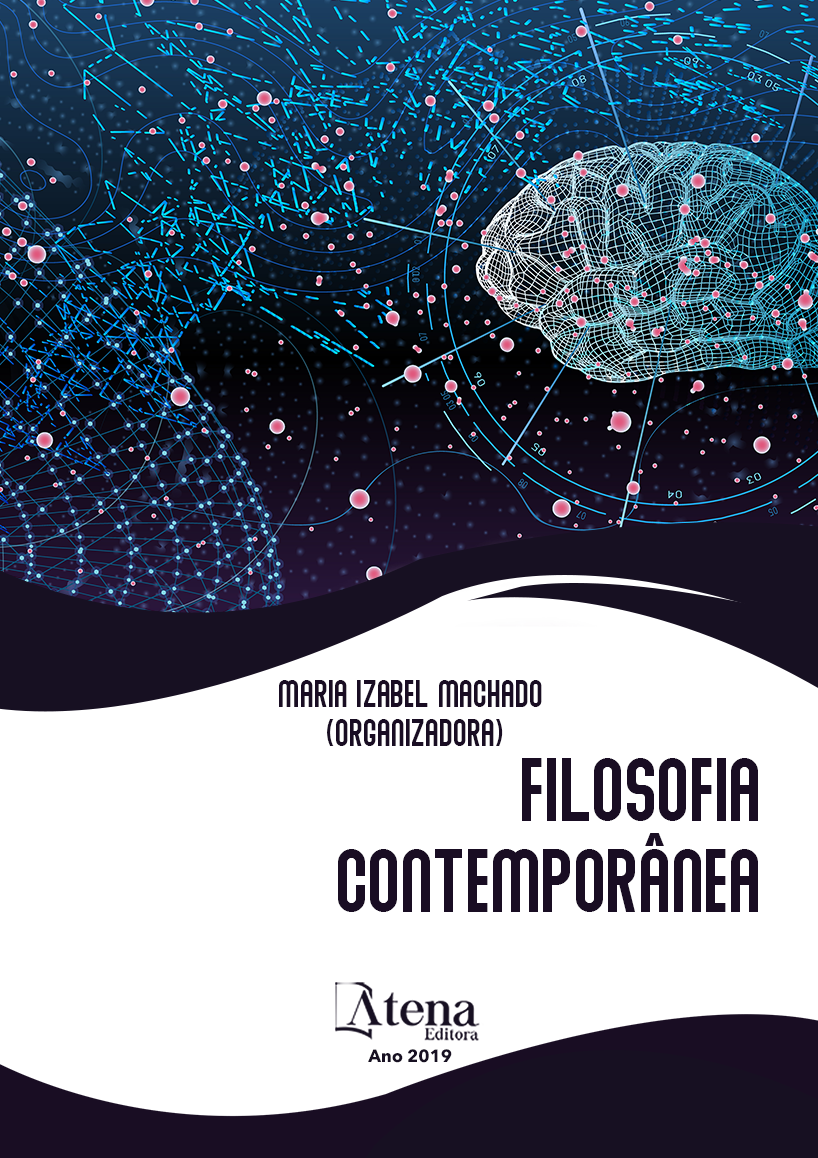
A RAZÃO COMUNICATIVA COMO ALTERNATIVA PARA A RAZÃO INSTRUMENTAL NA BIOÉTICA GENÉTICA
Este artigo apresenta os
argumentos que Habermas utiliza para
estabelecer mecanismos éticos ao lidar
com a questão da manipulação genética,
especialmente o problema da eugenia. Baseiase
na razão comunicativa da filosofia da
linguagem, no discurso e consenso através da
argumentação de proposições morais válidas
entre sujeitos capazes de agir e falar, autocompreensão
da existência e autocompreensão
ética como elementos de intersubjetividade,
liberdade e dignidade humana da pessoa, que
estão presentes mesmo desde a sua concepção.
Alem da perspectiva pós-metafísica da filosofa
analítica, aborda também os conceitos
kierkegaardianos da existência, tendo como
centro a capacidade de tornar-se indivíduo diante
de uma autocompreensão ética da espécie.
Apresenta a questão da dignidade humana do
embrião, tendo como suporte o começo da vida
humana e sua inclusão no mundo da vida. Além
disso, apresenta conceitos e noções sobre
biologia genética com o objetivo de esclarecer
a terminologia técnica apresentada durante o
desenvolvimento do trabalho.
A RAZÃO COMUNICATIVA COMO ALTERNATIVA PARA A RAZÃO INSTRUMENTAL NA BIOÉTICA GENÉTICA
-
DOI: 10.22533/at.ed.0861917107
-
Palavras-chave: Habermas. Razão Comunicativa. Eugenia. Ética.
-
Keywords: Habermas. Communicative Reason. Eugenics. Ethics.
-
Abstract:
This paper presents the
arguments Habermas uses to establish ethical
mechanisms in dealing with the issue of genetic
manipulation, especially the problem of eugenics.
It is based on the communicative reason of
the philosophy of language, discourse and
consensus through the argumentation of valid
moral propositions between subjects capable
of acting and speaking, self-understanding
of existence and ethical self-understanding
as elements of intersubjectivity, and human
freedom and dignity of the person, which are
present even from its conception. In addition to
the post-metaphysical perspective of analytic
philosophy, it also addresses Kierkegaard’s
concepts of existence, centered on the capacity
to become an individual in the face of an ethical
self-understanding of the species. It presents
the question of the human dignity of the embryo,
having as support the beginning of human life and its inclusion in the world of life. In
addition, it presents concepts and notions about genetic biology with the purpose of
clarifying the technical terminology presented during the development of the work.
-
Número de páginas: 15
- Miguel da Silva Santos
- José Luis Sepúlveda Ferriz


